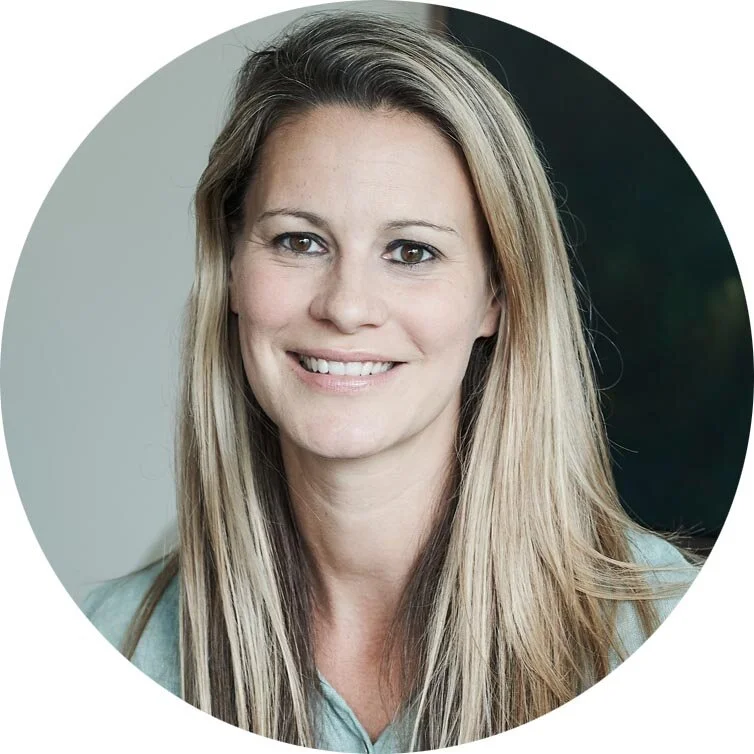Evidence-based strategies to manage those demanding internal 'shoulds'.
Do you put pressure on yourself by constantly using the word “should”?
“I really should work hard.” “I should love my job.” “I shouldn’t go for the promotion?”
Sound familiar? We all try to give our very best every single day, yet all too often we struggle to feel that our best is good enough. Identifying the should's we say to ourselves internally that lead to pressure, and doing things that might not be aligned to our values, can increase stress and self-doubt whilst creating a warped perception of ourselves.
We all carry a load of expectations with us. Expectations are firmly tied to our needs, desires, values, and beliefs. They paint a mental picture of how we think things “should” be. How many times a day or week do you use the word should? Amelia, a career counsellor based in Melbourne and the Mornington Peninsula, can help you tackle the mental challenge of expectations. Contact Amelia here to find out how.
Let’s delve deeper into expectations. We all have them - they can have a positive and negative effect on us! When our expectations are realistic, they feed our motivation, inspire you and help you show up in your life. But if you are on the flip side, of holding onto unrealistic expectations or standards, using the “should” word, this can prove to cause a negative impact on your day-to-day life.
When our expectations take us out of the present, or fill our head with how things “should” be and feel and of how the people around us “should” act and feel. We set high standards for ourselves that we believe we fall short of. We reinforce the perception that we are not doing something when we tell ourselves that we "should" be doing it. If we tell ourselves internally, "I should spend more time on these lesson preparations," the implication is, "But, I am not." We are amplifying the bad, which can make us feel guilty, frustrated, or anxious.
Making a conscious effort to acknowledge your expectations, noticing the “shoulds” and the effects can allow you to focus on realistic expectations and how they can benefit your life.
Here are a few strategies that can set you on the path to taking a more balanced, emotionally calm approach to your performance and eliminate the “shoulds”. Working with a career coach can enhance the below strategies. Amelia who is a qualified career counsellor from Melbourne can help you navigate the world of expectations. Contact Amelia here.
Name Your Inner Critic.
It might sound silly but it works. By naming your inner critic, you are essentially creating a psychological distance from self-criticism.
By naming your inner critic, you use cognitive defusion, a technique that helps you dissociate from your ideas. It has been demonstrated that defusion lessens the stress, discomfort, and plausibility of negative ideas. Additionally, it fosters psychological flexibility, or the capacity to maintain composure, control your emotions, and be conscious of, receptive to, and adaptable to, shifting needs.
Avoid generalisation.
Do you use phrases such as “I always mess up,” “I’ll never get my voice heard,” and “This happens every time.” If you are nodding, this strategy is for you! Keep your eye on the bigger picture and aim to stop grouping situations together. If you mess up once, don’t associate it with always messing up, instead acknowledge where you messed up and learn from your mistake. You are only paralysing yourself by generalising it to an ongoing pattern.
The first step is to become mindful of when you are doing it. Be intentional and start making a note of the occurrences when you find yourself generalising. When you notice them, ask what motivates you to generalise. It’s pretty easy to generalise rather than to look at the complexity of things, people, and situations. But practice looking at objects for example that seems very plain to you and try to pick out their intricacies and things that are specific about it. That will allow you to practice looking at things in a way that is outside of generalisations. Qualified career counsellor, Amelia, can help you create strategies to avoid generalisation and become more mindful. Get in touch with Amelia here.
Allow for flexibility.
Flexibility in our expectations provides us options – to reassess, reframe, and respond.
Where could you use flexibility right now? Find the opportunity in the discomfort. Give the discomfort an expanded purpose by seeing it as flexibility practice and with practice makes progress. And progress is approaching unmet expectations with curious questions, like: "How might I be more flexible with this?" or, "What would being more flexible with this expectation look/sound/ feel like?
Make sure your expectations for the scenario take into account all the uncontrollable factors, such as a slowdown in business, an inability to carry out regular tasks as before, and physical distance. All can be used as weapons (personal protections) to cast blame and offer justifications in support of the norm.
Expand your definition of success.
How do you define success? Most of us have been taught a very narrow definition of success. Success is people knowing your name, and having enough money — ie. lots of money — to buy an endless stream of designer handbags and big cars.
Start by asking yourself, what success means to you. It can be as simple as completing all your tasks on your to-do list or having healthy relationships. Take a few moments at the end of your workday to reflect not only on your professional highlights (praise, recognition, positive reviews, etc.) but also to consider moments where you made yourself proud. Acting integrity with and your values is the true definition of success.
Amelia’s career coaching approach is backed by evidence-based psychology practices, to help facilitate self-awareness and empowerment. She uniquely tailors these techniques to each client, because everyone is different. Amelia will work with you to combat the “shoulds” and evolve your expectations to be ones that are achievable. Contact Amelia, a career coach in Melbourne, here.
Amelia McDermott is a Career Coach and Coaching Psychologist, based on the Mornington Peninsula in Melbourne. With nearly 20 years of training and experience working as a psychologist, Amelia has a strong understanding of how to uncover what makes people tick, and how to help people find an authentic career that aligns with their unique talents and values. If you’re looking for Career Advice or Career Counselling, look no further than Uplift Coaching and enjoy a consultation with Amelia to see if a Career Coach is right for you. Book a consultation here.


